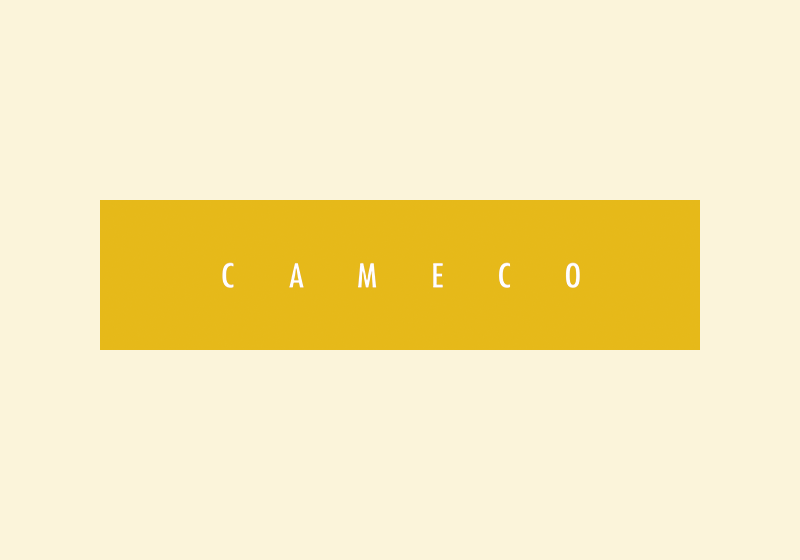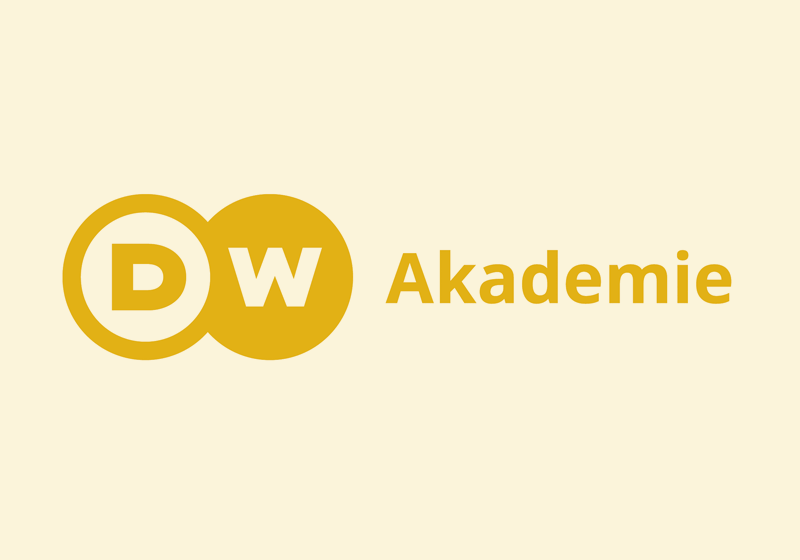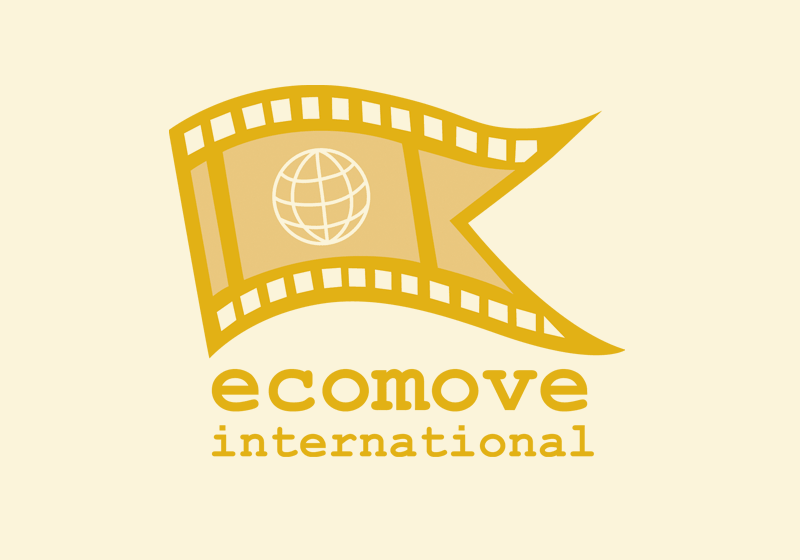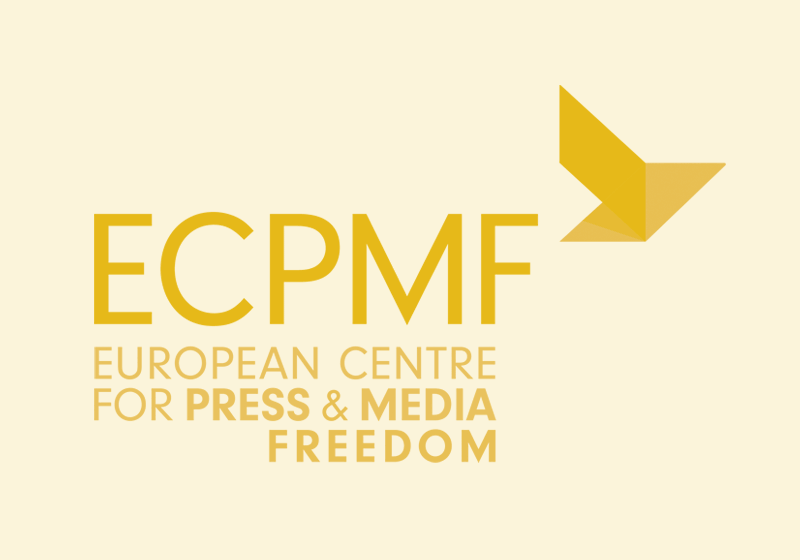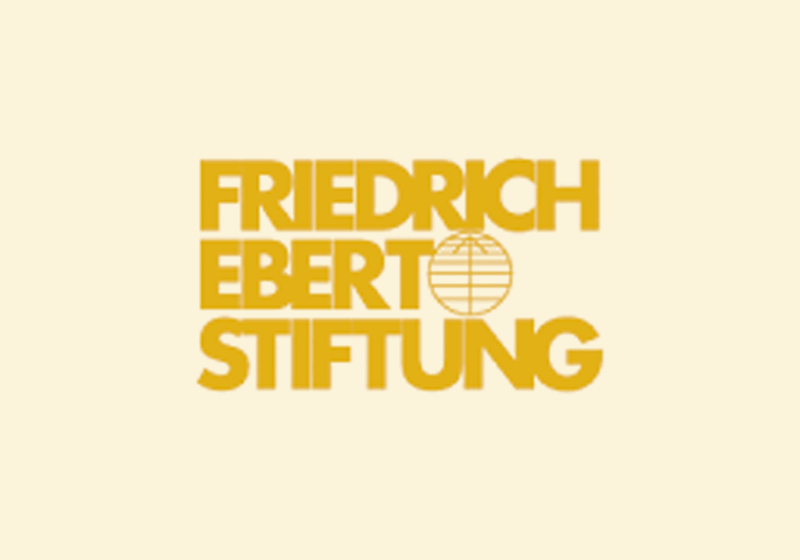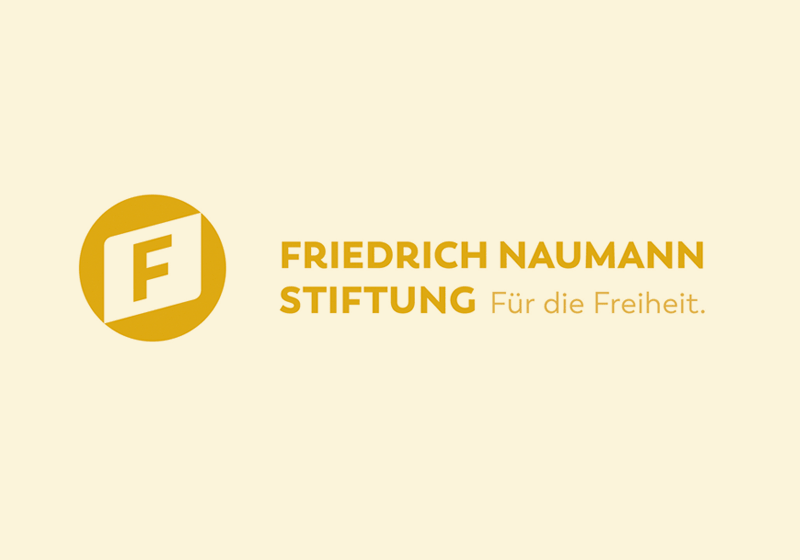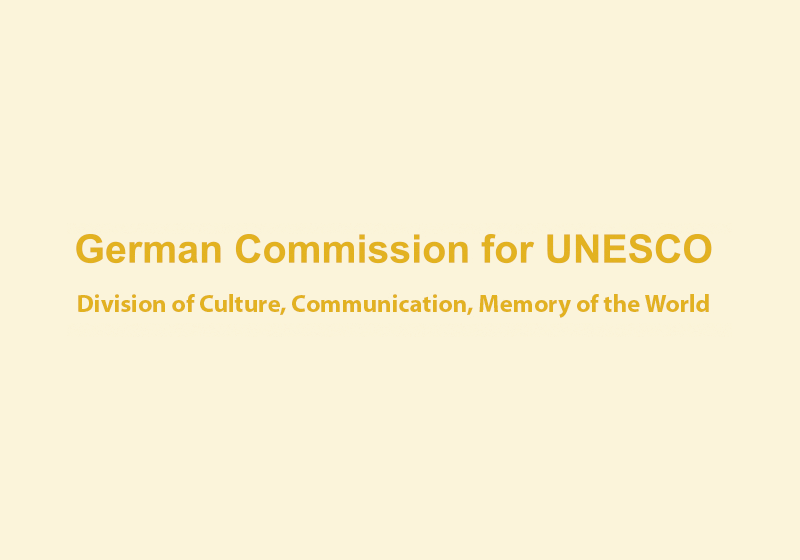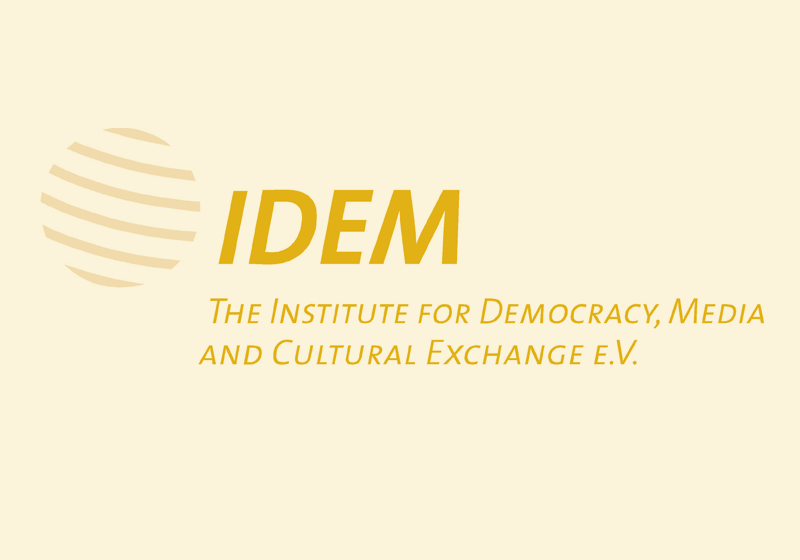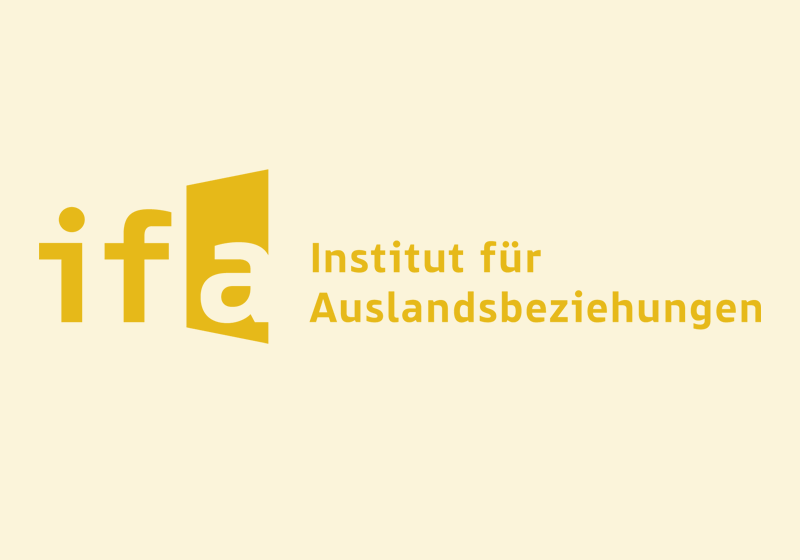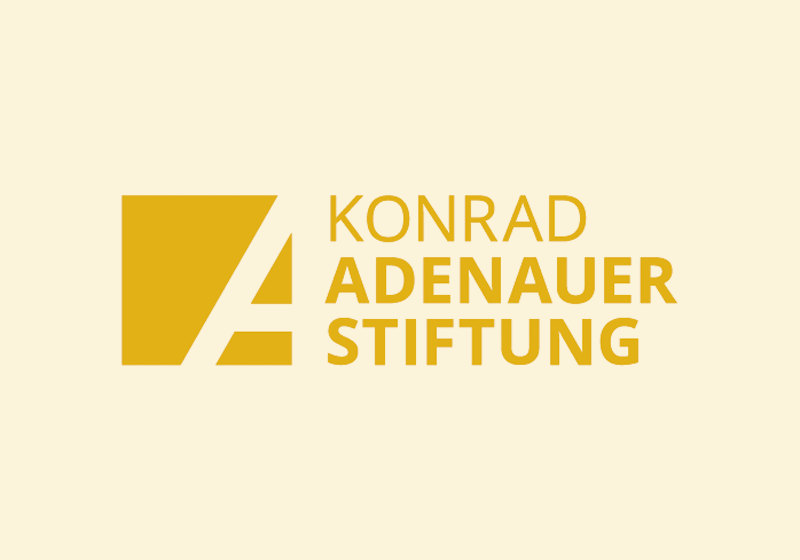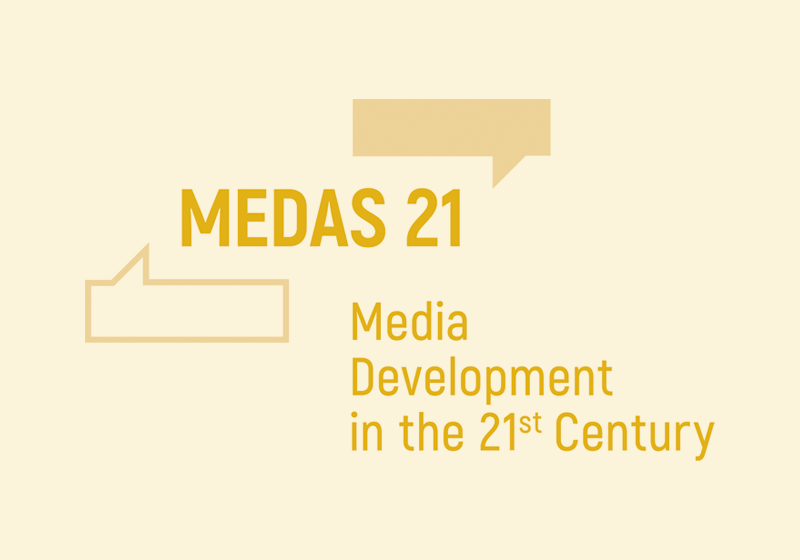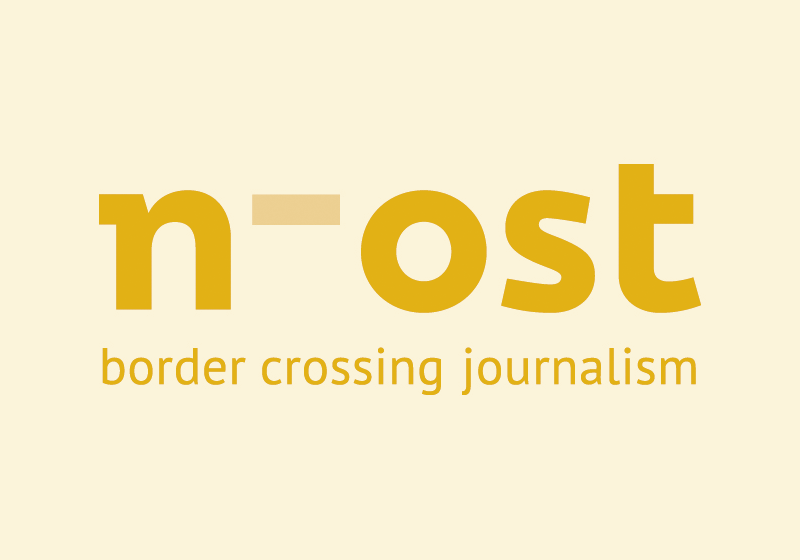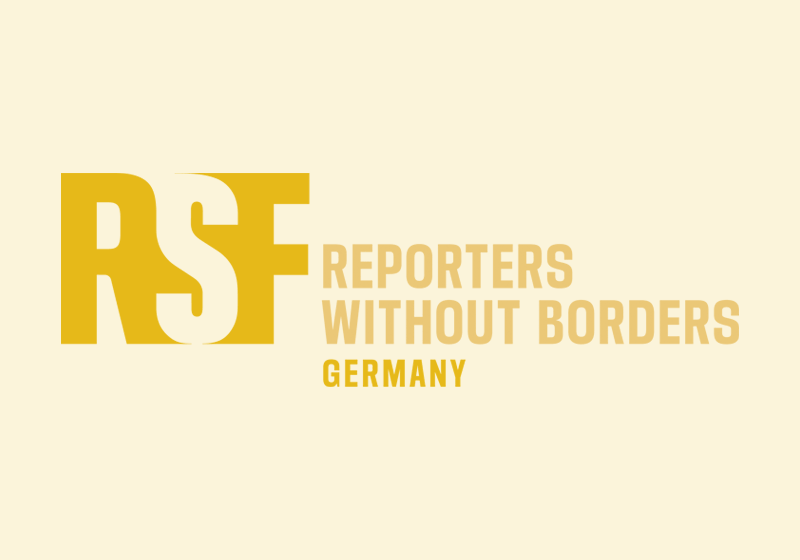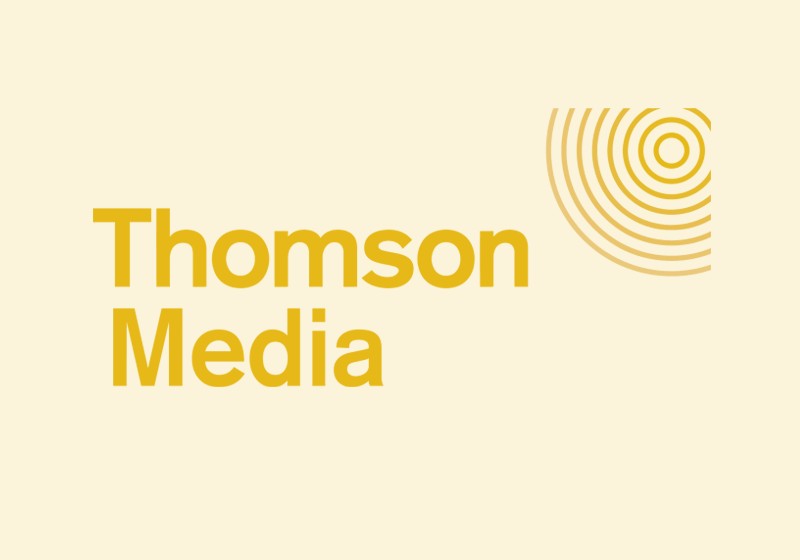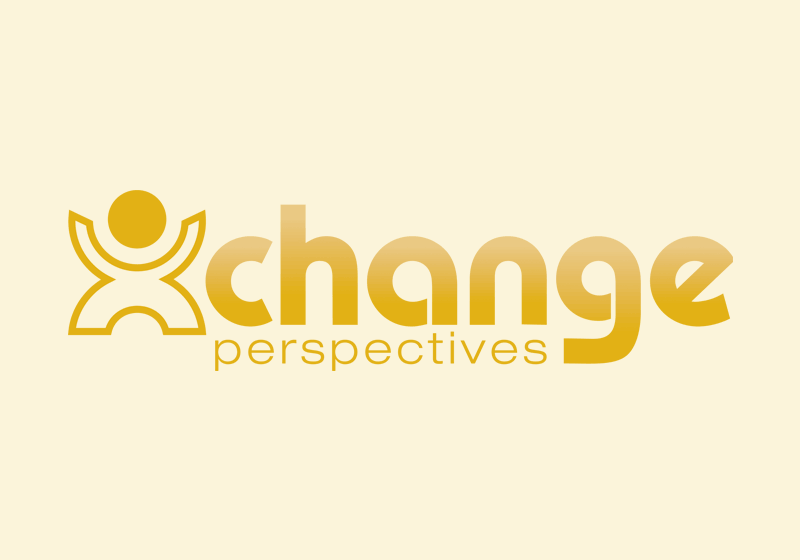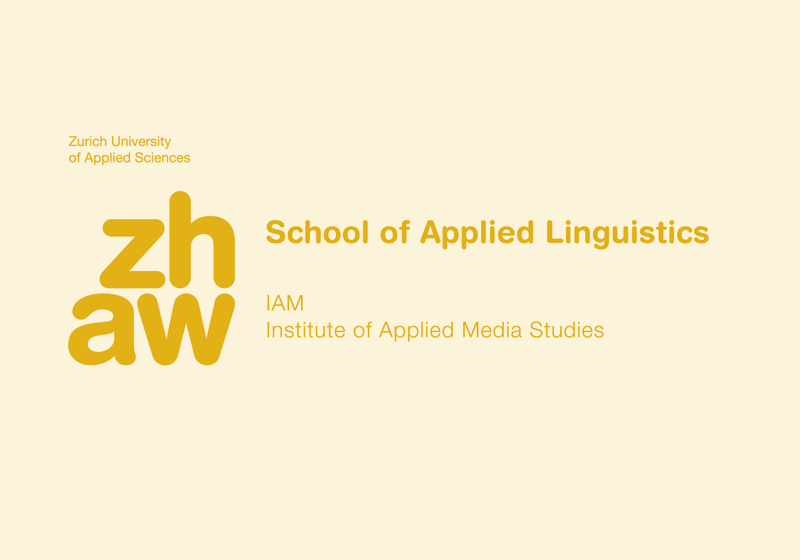Program Day 2
Tuesday, 1st October
Room B22
9:00-9:15: Wrap-up of day 1
9:15-10:30 – Session 3: International coordination
Coordination: Deutsche Welle Akademie with the European Centre for Press and Media Freedom
Poor coordination of activities and strategies between media development organizations in the same country or context is known to be a notorious source of inefficiency and subsequent problems in media development. It leads to redundancies, uncoordinated duplications, and overlaps. Better coordination could prevent that only few “donor darlings” absorb all funding, or that single issues absorb all attention (such as the issue of disinformation/fake news or climate change at times). However, past experiences with international coordination have shown that it can be time-consuming; it also often results in the predominance of simple and traditional media development formulas. This section discusses how efficient and contemporary international coordination could look.
This interactive fishbowl session brings together colleagues who have been involved in international coordination (attempts) in various roles and contexts to share their experiences and insights as a first impulse. Reactions and contributions will then be invited from the symposium participants with the aim of highlighting ‘what is working – or not – and why’. This will take place in a participatory fishbowl format, that invites people to actively engage in the discussion.
Experts:
- Manizja Aziz, Project Officer Safety of Journalists, Free Press Unlimited
- Andreas Lamm, Interim Managing Director, ECPMF
- Raghdan Orsud, Co-Founder, Beam Reports
Facilitator: Ines Drefs, Senior Consultant, DW Akademie
Among the discussion questions:
- What does coordination mean? How shapes and forms does it take?
- Why is it necessary to coordinate? What are the benefits?
- Where do coordination efforts hit a wall and why?
- Coordination only seems to work well when it is about journalists’ immediate safety – why is that?
- Is there still room for improvement for coordinating rapid response?
- What lessons can we learn from coordination attempts made in various countries such as Sudan or Ukraine, but also Myanmar, Afghanistan or Syria?
- What are challenges and chances of coordination?
- Isn’t it naïve to expect coordination between competitors?
- What are donors’ rationales behind having more and more calls for consortia or networks?
10:30 – 11:00: Coffee Break
11:00-13:00 – Session 4: Measuring Impact
Coordination: Erich Brost Institute, in cooperation with Christoph Spurk and Fondation Hirondelle
What does the sector learn from what it implements? While monitoring, evaluation, learning and accountability (MEAL) activities are commonly carried out as part of media development, what exactly is known about the criteria assessed?
Internal or external evaluations can prove that our projects were relevant and implemented according to plan. However, due to a lack of resources or methodological difficulties, the long-term effects and impact of projects often remain in the shadows; effects are claimed but this claim is not backed up by evidence because measuring these effects is difficult to afford under current funding programmes. Or we are overwhelmed by scientific demands.
This panel will explore the flaws that often surround impact measurement… but also the latest underlying trends that are emerging to help document the ability of our actions to transform (for good or ill) the information ecosystem.
This panel will explore the flaws that often surround impact measurement… but also the latest underlying trends that are emerging to help document the ability of our actions to transform (for good or ill) the information ecosystem.
Christoph Spurk will first present the results of the survey carried out among FoME members, who consider that they “carefully plan outcomes and impacts of [their] project” (88%), based on a theory of change. Only one third have – at least sometimes – the impression they know little about outcomes and impacts.
Based on studying nearly 300 evaluations of media interventions around the world over the last twenty years, Michel Leroy presents a quite different picture. (presentation slides) The lasting impact of media interventions is mostly unknown or untold.
The discussion after those two inputs will focus on the question of how can we better document the evidence of our impacts?
Nicola Harford will draw lessons from her own experience to explain how to go beyond what Noske Turner calls ‘quick and dirty’ evaluations, which sometimes simply collect perceptions or impressions. This is undoubtedly all the more true in crisis and transition countries, where measuring impact is not always a priority. (presentation slides)
Jeff Conroy-Krutz will present a case study of the Central African Republic which will pursue this line of questioning of the strengths and weaknesses of the analysis tools currently in use and on innovative approaches to improving our knowledge of outcomes while strengthening the scientific validity of the findings. (presentation slides)
Sara Namusoga-Kaale will shed light on an aspect that is often overlooked in impact studies: the negative effects of interventions. Interventions even with good intentions can prove counterproductive and even contradict the ‘do no harm’ principle that sometimes seems self-evident. (presentation slides)
Emma Cantera (OECD) explains to what extent the new OECD Principles for Relevant and Effective Support to Media and the Information Environment can help to measure a relevant and effective impact of interventions. (presentation slides)
Andris Kesteris (EU) outlines recent developments in impact measurement within the EU Commission. He explains how impact assessment (and prior needs assessments) influence EU governance and media assistance strategy. (presentation slides)
After these introductions a 30-minute panel discussion, moderated by Christoph Spurk, is organised around five questions:
- Why are evaluations still so rarely made public and scientifically discussed?
- Why does the media assistance sector have only very few impact studies, even though it calls since decades for improved research and learning?
- Why are donors and implementers fine with this lack of knowledge about what really works in media assistance?
- Why do donors insist on highly ambitious goals like peacebuilding, reconciliation and democratisation and exclude less ambitious but realistic goals?
- What could be potential solutions to the challenges posed by robust impact measurement? Why are new approaches hardly used?
During the panel implementing organisations are also invited to ask questions. At the end, there will be an extra 25-minute Q&A session with the audience.
Panelists:
Andris Kesteris, European Commission, Principal Adviser – Civil Society and Media (DG NEAR)
Emma Cantera, OECD, Senior policy analyst, Development Co-Operation Directorate
Dr. Sara Namusoga-Kaale, Makerere University, Kampala (Uganda)
Jeff Conroy-Krutz, associate professor and chair of political science at Michigan State University, editor of the Afrobarometer Working Papers series
Nicola Harford, Managing Director, iMedia
Input: Dr Michel Leroy
Moderation: Christoph Spurk
13:00-14:00: Lunch Break
14:00-15:15: Discussion of the recommendations and conclusions
Before concluding the two days of work, this session aims to summarise and organise the various ideas discussed or that have emerged in the different sessions, as well as the contributions of all the participants, in order to see to what extent it is possible to come up with a list of common recommendations that could be taken forward by the sector as a whole.
Moderator: Sofie Jannusch, FoME coordinator


